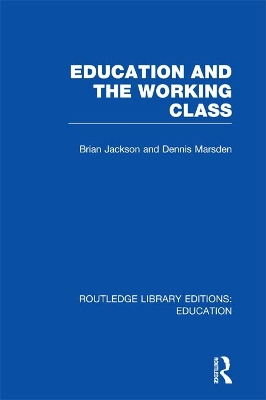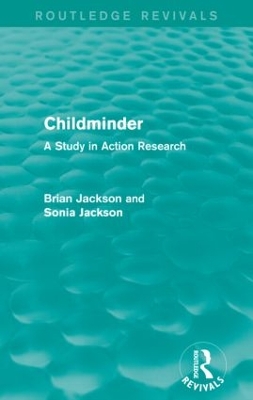Pelican S.
2 total works
Education and the Working Class (RLE Edu L Sociology of Education)
by Brian Jackson and Dennis Marsden
When first published this book had a significant influence on the campaign for comprehensive schools and it spoke to generations of working-class students who were either deterred by the class barriers erected by selective schools and elite universities, or, having broken through them to gain university entry, found themselves at sea. The authors admit at the end of the book they have raised and failed to answer many questions, and in spite of the disappearance of the majority of grammar schools, many of those questions still remain unanswered.
First published in 1979, this book looks at the subject of childminding in Britain at the time it was written. It is based on a national survey that was commissioned by the Social Science Research Council and on action to help childminders funded by the Wates Foundation at Manchester University, UK. Previous to this study it was calculated that more than one million children under the age of five had a working mother, but little research had been done into childminders themselves. This book evaluates the number and nature of the childminders in Britain that were looking after the nation's children in the 70s. It argues that parents have a right to choose to work if society can guarantee loving and skilled care for their children. However, the authors suggest that this was not the case at the time and state that childminders were in need of better governmental support.

